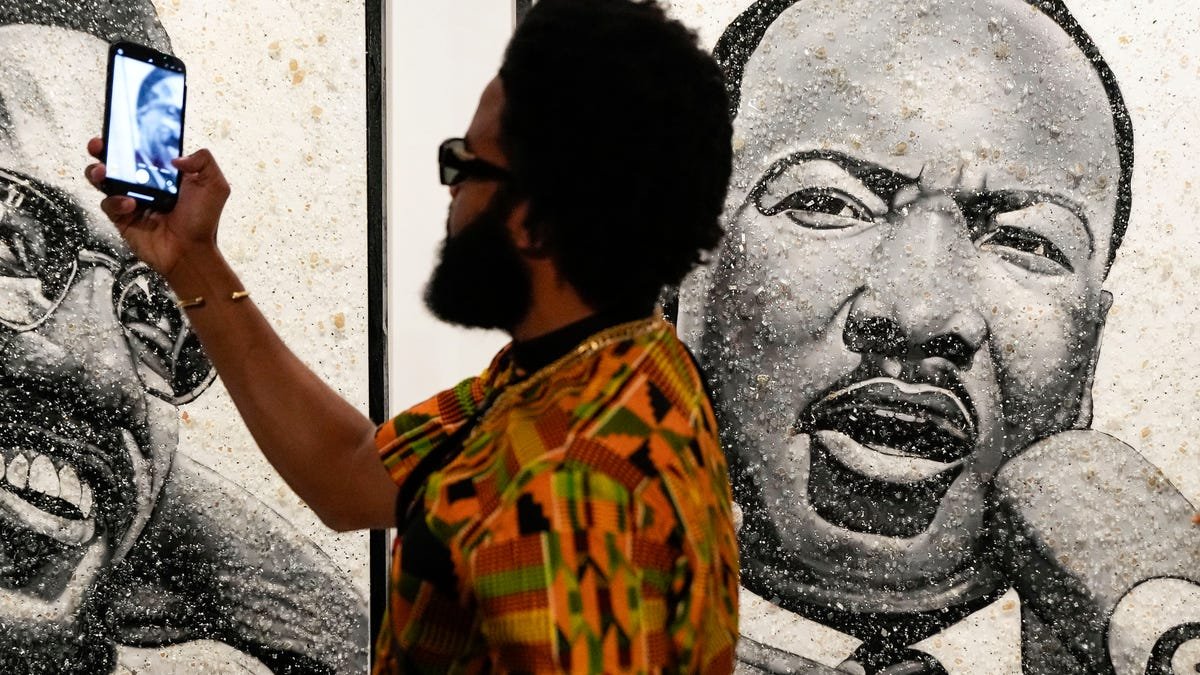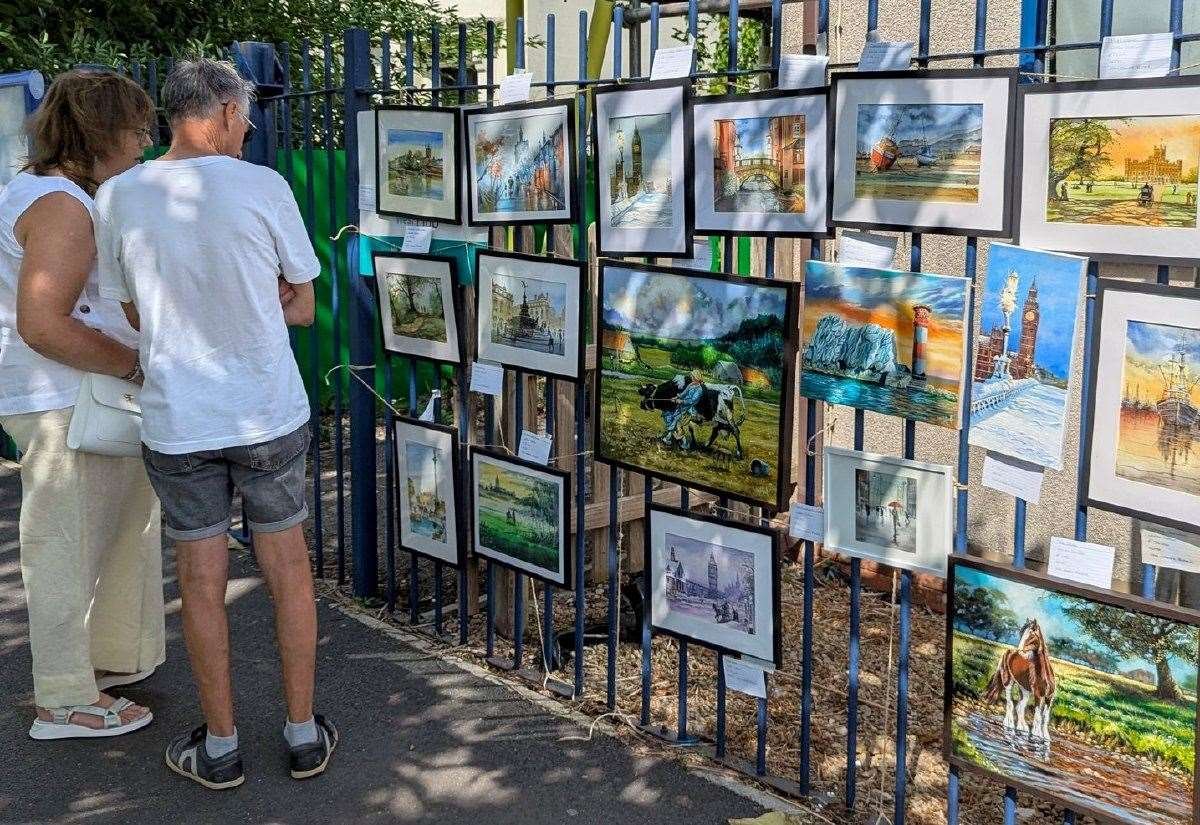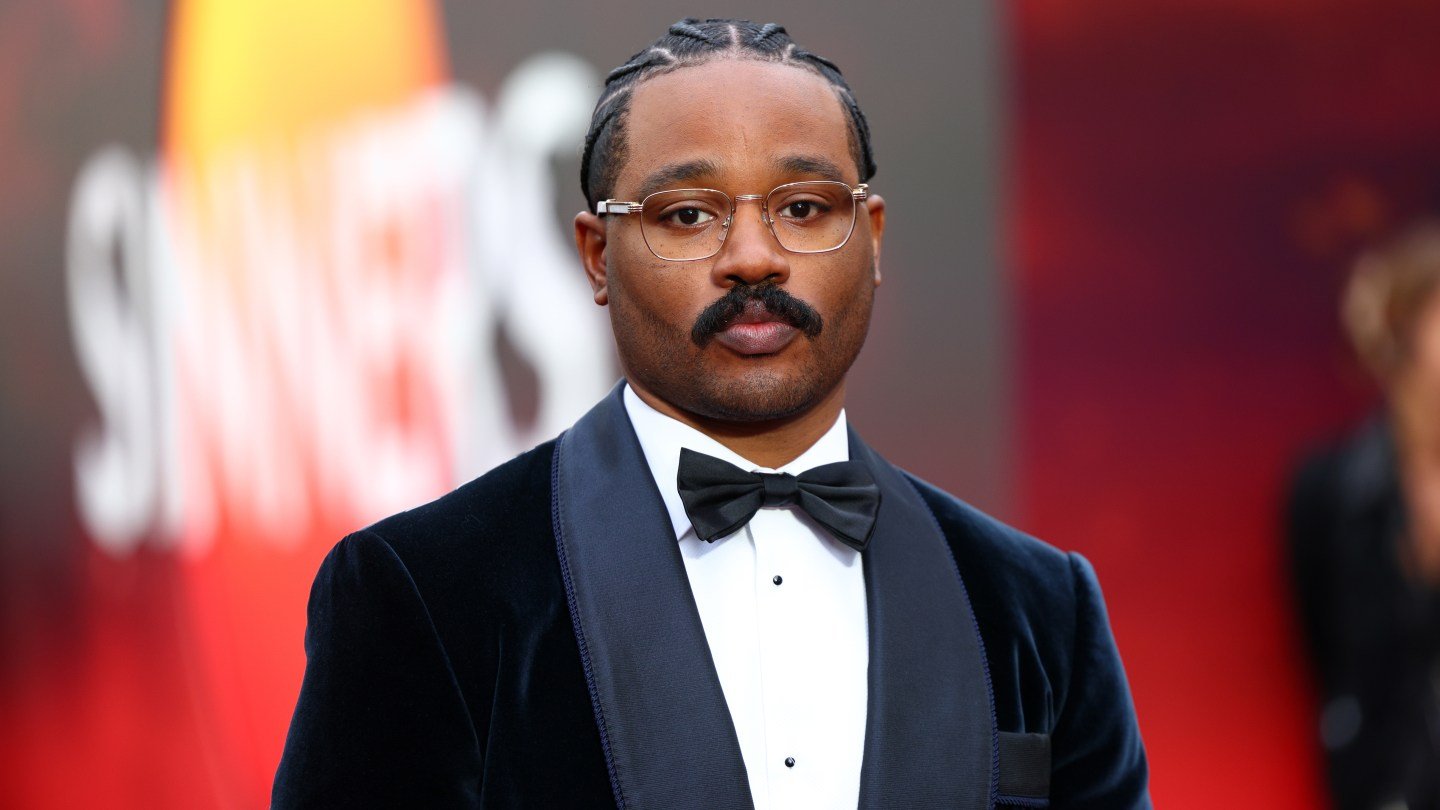
(Credit: ATG / Press)
Eccentric punk poet John Cooper Clarke has been around the block more than a few times since he began performing in 1977. The Salford-born wordsmith is a much-beloved facet of modern English literature, his work once forming part of the school curriculum. He seems to be full of unbelievable tales – including living with a monkey – and talks with the kind of wise grandeur of somebody who has seen everything.
Blossoming at the same time as the early punk rock movement, Clarke performed with an impressive array of artists, reading like a who’s-who of early Mancunian punk rock, with Buzzcocks, The Fall and Joy Division all making an appearance. The poet also scored a hit single in 1979 with ‘Gimmix (Play Loud)’, exposing his humour and blink and you’ll miss it delivery to the wider nation, outside Greater Manchester.
In slightly stranger circumstances, Clarke was later brought back onto the national stage when he was cast in a series of television adverts for Sugar Puffs cereals. In the following years, he shrank back from performing and public appearances due to his addiction to heroin. During this time, in the 1980s, Clarke lived with iconic German singer Nico, whom he has described as one of the most influential people he had ever met.
After the turn of the century, Clarke’s material found favour with a new generation of artists and musicians. Sheffield’s Arctic Monkeys are disciples of the poet, whose work ‘Out of Control Fairground’ was printed inside the CD cover of their hit single ‘Fluorescent Adolescent’. The band later covered Clarke’s ‘I Wanna Be Yours’ for their 2013 album AM.
His poetry is often hailed for its social realism. ‘Beasley Street’, in particular, is a stunning indictment of the quality of life in Clarke’s surrounding Salford in the late 1970s – it is often spoken of as a protest against Thatcher’s government, but the bard of Salford points out on stage that he wrote it before she ever came into power. Surprisingly, for a poet whose work often bares a certain political leaning or commentary, Clarke does not view politics as something that can change his way of doing things. The poet is motivated more by music than politics.
Speaking to little-known fanzine Headaches back in 2018, after a performance at Bingley Arts Centre, Clarke made the bold statement, “No politician ever changed the way I live, but Elvis changed it all”. He has been open about his love for the king previously, selecting the track ‘How Great Thou Art’ as one of his ‘Desert Island Discs’ on BBC Radio 4 and earlier this year he told The Guardian, “the thrill of Elvis has never gone away”.
So, whilst Cooper Clarke may have been inspired to start penning poems as a result of studying the romantic era, perhaps it is Elvis who has the most to answer for when it comes to the attitude and career of Salford’s favourite poet.






